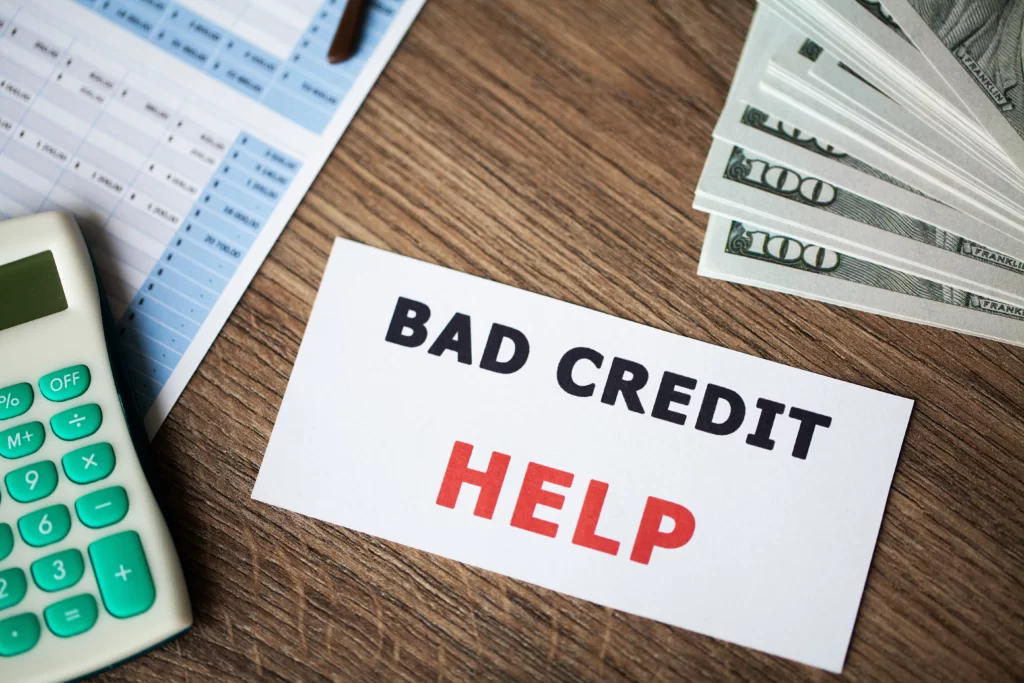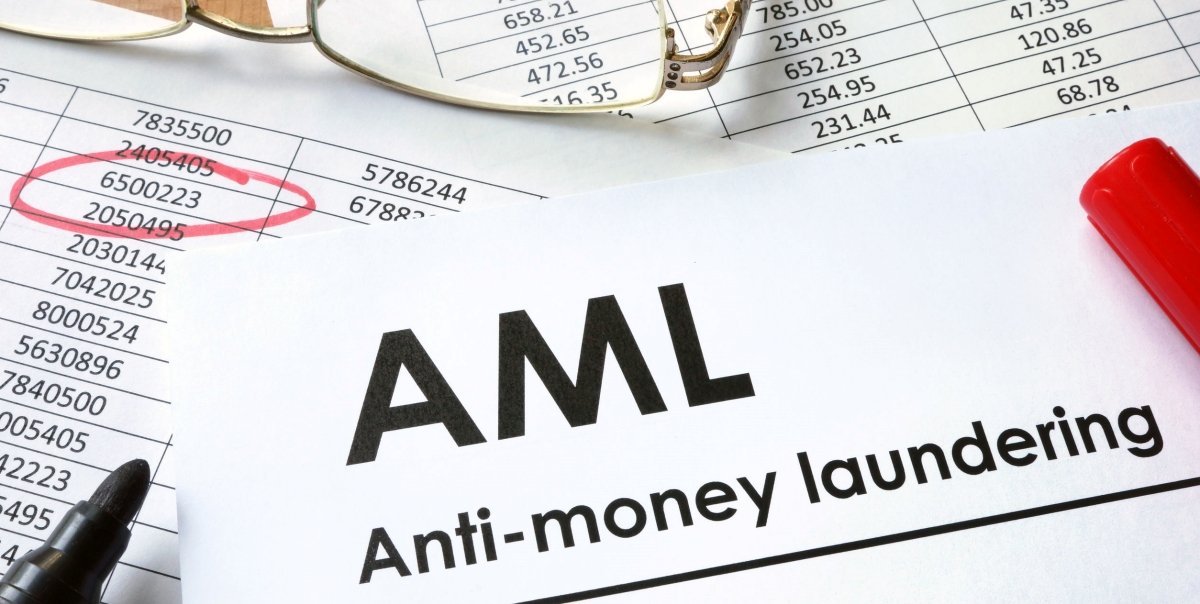Table of Contents
What Is Bad Credit?
Bad credit typically refers to a credit score that falls below the range considered favorable by most lenders. While the exact threshold for “bad credit” may vary, here’s a general breakdown:
-
Poor Credit: A credit score below 580
-
Fair Credit: A credit score ranging from 580 to 669
-
Good Credit: A credit score of 670 or higher
Bad credit may result from late payments, high debt, bankruptcy, or other financial missteps. If your credit score falls into the “poor” category, you may face higher interest rates or be denied loans altogether. However, several lenders specialize in providing loans for fun-lovin-criminals.tv/ borrowers.
Types of Loans for Bad Credit
-
Personal Loans for Bad Credit
Personal loans are unsecured loans, meaning you don’t need to put up any collateral (like a home or car) to qualify. Lenders typically rely on your credit score, income, and overall financial situation when determining your eligibility for a personal loan.
-
Pros:
-
No collateral required.
-
Fixed interest rates and monthly payments.
-
Can be used for a variety of purposes.
-
-
Cons:
-
Higher interest rates due to your low credit score.
-
Lower loan amounts and shorter repayment periods may be offered.
-
-
-
Secured Loans
A secured loan requires collateral, such as your car, savings account, or another asset, to guarantee repayment. If you default on the loan, the lender can seize the collateral to recover their losses.
-
Pros:
-
Easier to qualify for compared to unsecured loans.
-
May offer lower interest rates.
-
Higher loan amounts or longer repayment terms.
-
-
Cons:
-
Risk of losing the collateral if you default.
-
Requires valuable assets to secure the loan.
-
-
-
Payday Loans
Payday loans are short-term loans meant to bridge the gap until your next paycheck. These loans are typically for small amounts and come with high fees and interest rates. They are usually due in full on your next payday.
-
Pros:
-
Quick access to cash, sometimes within hours.
-
Limited credit checks.
-
-
Cons:
-
Extremely high-interest rates and fees.
-
Short repayment terms, often leading to a cycle of debt.
-
-
-
Peer-to-Peer (P2P) Loans
Peer-to-peer lending platforms connect borrowers with individual investors willing to lend money. While traditional banks or credit unions may reject you due to poor credit, P2P lenders may be more flexible, considering factors beyond just your credit score.
-
Pros:
-
Potential for lower interest rates than payday loans or credit cards.
-
More flexible lending criteria.
-
-
Cons:
-
Loan terms and amounts can vary.
-
May require a solid explanation of your financial situation.
-
-
-
Co-Signed Loans
A co-signed loan allows someone with a better credit score (a co-signer) to guarantee the loan on your behalf. If you default on the loan, the co-signer is responsible for repaying the debt. This can help improve your chances of securing a loan, especially if you have a trusted family member or friend willing to co-sign.
-
Pros:
-
Can help you secure a loan despite bad credit.
-
May result in lower interest rates than unsecured loans.
-
-
Cons:
-
Risk to the co-signer if you default.
-
Can strain personal relationships.
-
-
-
Credit Builder Loans
A credit builder loan is specifically designed to help individuals improve their credit scores. With this type of loan, the borrower makes small monthly payments that are reported to the credit bureaus. However, the borrower does not receive the loan amount upfront—instead, the lender holds the money in an account until the loan is paid off.
-
Pros:
-
Helps rebuild your credit score if you make timely payments.
-
Often available with low credit score requirements.
-
-
Cons:
-
Loan amount is often small and requires a dedicated savings plan.
-
The money isn’t available for use until the loan is paid off.
-
-
Things to Consider When Applying for Loans with Bad Credit
-
Interest Rates and Fees One of the significant drawbacks of borrowing with bad credit is the higher interest rates you may face. Lenders perceive you as a higher risk, and in return, they charge higher rates to protect themselves. Always be sure to calculate the total cost of the loan, including fees and interest, to ensure it’s affordable.
-
Loan Amount and Repayment Terms Many loans for bad credit come with lower loan amounts and shorter repayment terms. While this may seem like a positive aspect, it can increase your monthly payment amounts. Make sure you assess your budget and determine if you can handle the monthly payments before committing.
-
Credit Report Review Before applying for a loan, it’s a good idea to review your credit report to ensure there are no errors or inaccuracies that might be impacting your score. Correcting mistakes can improve your credit score and help you qualify for better loan terms.
-
Avoid Payday Loans While payday loans may seem like a quick solution, their high-interest rates and fees can lead to a dangerous cycle of debt. If possible, avoid payday loans and look for alternatives with more reasonable terms.
-
Check Lender’s Reputation When dealing with bad credit, be extra cautious about predatory lenders who target individuals with poor credit. Always research the lender’s reputation, read customer reviews, and check their licensing with your state’s financial regulatory agency before borrowing.
-
Consider Alternative Solutions If you’re struggling with bad credit, consider other financial solutions, such as credit counseling or debt management programs. These services can help you improve your financial situation and get on track toward better credit.
Tips to Improve Your Chances of Getting Approved for a Loan with Bad Credit
-
Provide Documentation of Income Lenders want assurance that you can repay the loan. Providing documentation of your income, including pay stubs, bank statements, or tax returns, can help improve your chances of approval.
-
Use a Co-Signer As mentioned earlier, having a co-signer with better credit can significantly improve your chances of getting approved for a loan and may result in more favorable terms.
-
Secure a Loan with Collateral If possible, consider offering collateral to secure the loan. This reduces the lender’s risk and increases the likelihood of loan approval.
-
Consider a Smaller Loan If you’re struggling to get approved for a larger loan, consider applying for a smaller loan amount that you are more likely to be approved for.
Final Thoughts
While having bad credit can make it more challenging to secure a loan, it’s certainly not impossible. By understanding your options, comparing loan terms, and considering alternative solutions, you can find a loan that fits your financial needs. Always be cautious of the terms and fees associated with loans for bad credit, and make sure you have a plan for repayment to avoid further financial strain. If you’re unsure about the best course of action, consulting with a financial advisor or credit counselor can help you make an informed decision.




